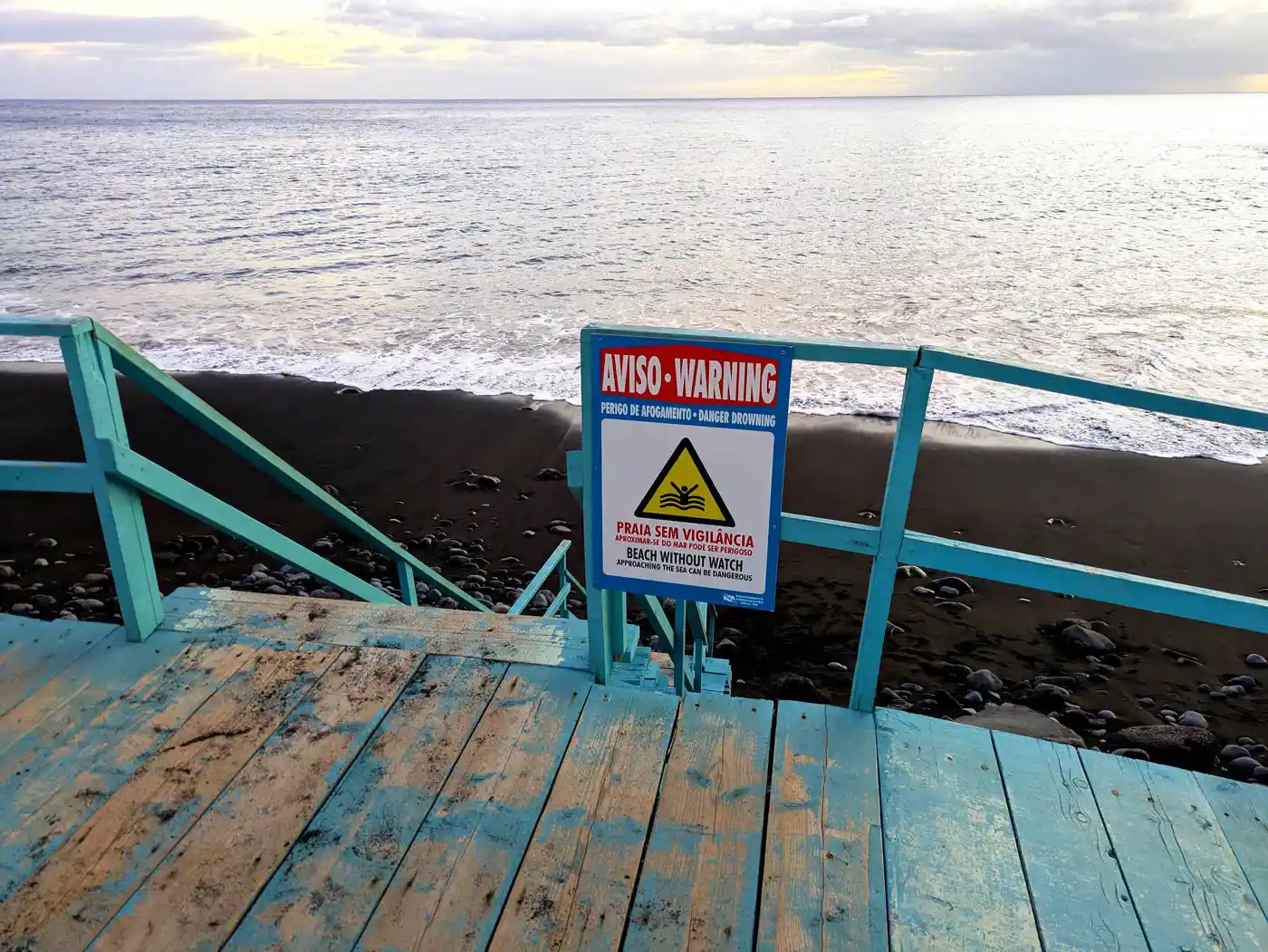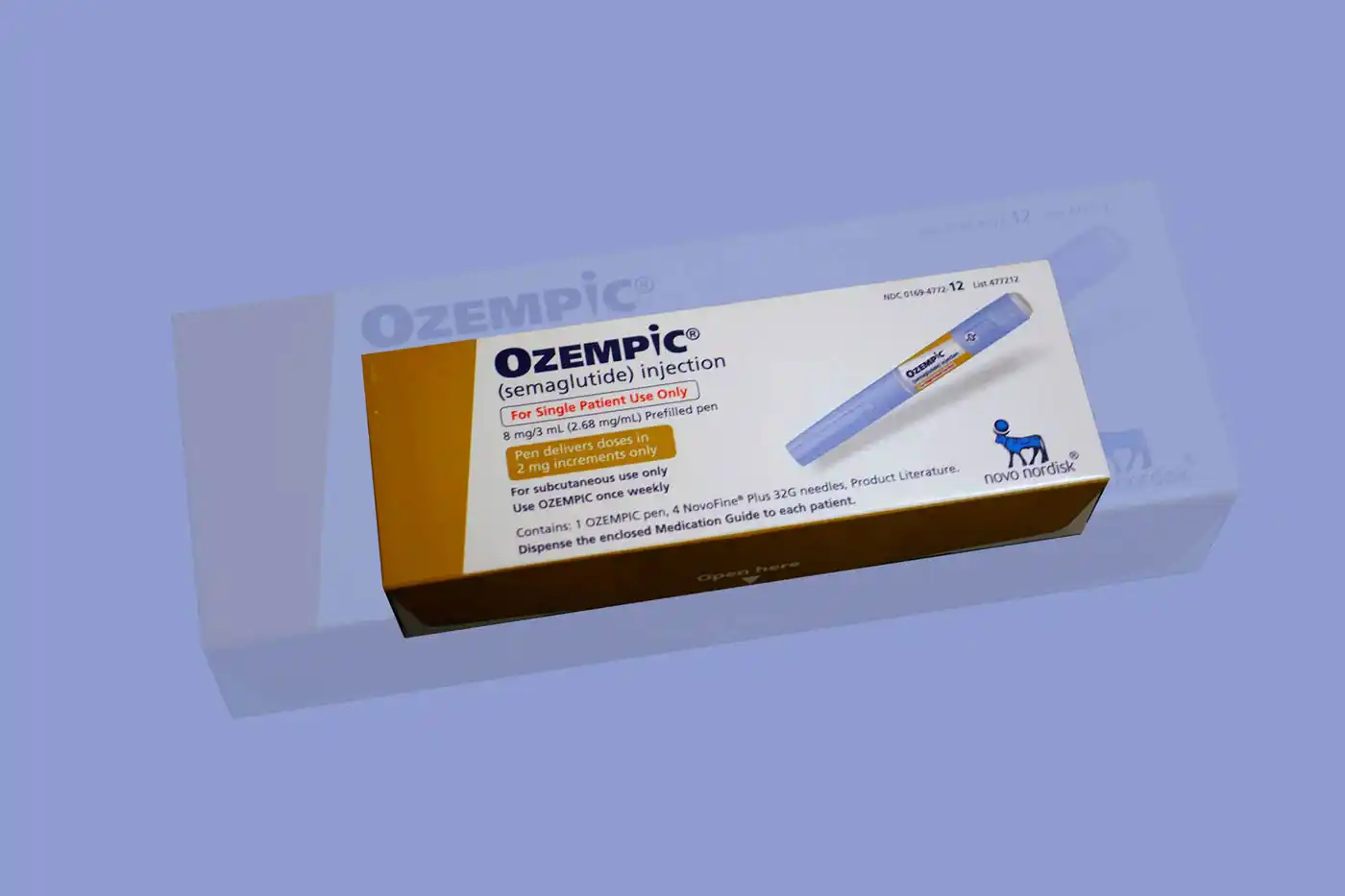New Synthetic Drugs Linked to Hundreds of Emergency Visits in Five Years
789 people have been treated in Madeira’s emergency services since 2020 due to the use of new synthetic psychoactive substances (NSPs). The data was shared by Nelson de Carvalho, Director of the Unidade Operacional de Intervenção em Comportamentos Aditivos e Dependências. According to de Carvalho, records from the Hospital Dr. Nélio Mendonça show:
Year | Emergency Admissions |
2020 | 147 |
2021 | 180 |
2022 | 135 |
2023 | 164 |
2024 | 145 |
New Synthetic Drugs Cause Severe Psychological Effects and Long-Term Harm
Most patients suffered intense psychological symptoms. According to de Carvalho, these included psychotic episodes, hallucinations, agitation, and delusions. Many were violent or severely disoriented and had to be seen by psychiatry.
Most of the cases involve psychotic episodes. They're often accompanied by violence, psychomotor agitation, hallucinations, and very intense delusions, which naturally must be seen by psychiatry, and many of them are admitted to the mental health facility
He warned that the effects can be long-lasting or permanent.
The consumption leaves aftereffects — neurological, cognitive, to various organs in the body. Many of these patients are left with chronic psychiatric illness, mainly psychosis, and as it’s chronic, they need medication
It has a much stronger addictive power than traditional drugs and, ultimately, it can also cause death, in addition to the public insecurity its use generates.
Legal and Enforcement Delays
Criminalizing these substances is a slow process. According to de Carvalho, it can take nearly two years to officially ban new synthetic drugs.
But it’s difficult to criminalize new drugs - a process that takes between 20 and 24 months
He noted that the arrival of the Scientific Police Laboratory (Laboratório da Polícia Científica) on the island has helped investigators and enforcement efforts.
Still, the arrival of the Scientific Police Laboratory was a real asset for the island.
What Does The Scientific Police Laboratory Do?
The Scientific Police Laboratory plays a critical role in identifying and analyzing new psychoactive substances (NSPs). Its main functions in this context include:
Chemical analysis of seized substances to determine their composition
Verification of psychoactive effects and potential harm
Providing scientific evidence needed for the legal classification (criminalization) of new drugs
Supporting law enforcement in building cases and linking substances to criminal offenses
By having this lab on the island, authorities can speed up the identification process to criminalize a new substance. The local presence of the lab reduces delays and enhances the region’s ability to respond faster to emerging drug threats.
Calls for New Treatment Infrastructure
De Carvalho also pointed to the need for a therapeutic community in the region. He said that it should admit patients based on medical criteria — not as a shelter for all homeless people.
Therapeutic communities aren’t (homeless) shelters (…) They are for dependents, with or without substances. And the homeless who actually meet the criteria - obviously, the clinicians working in the treatment area, if they feel that those criteria are met, of course they’ll send them. But not just any homeless person can go to a therapeutic community, because that’s not what they’re for.
Plans for such a facility are currently in development.






Comments